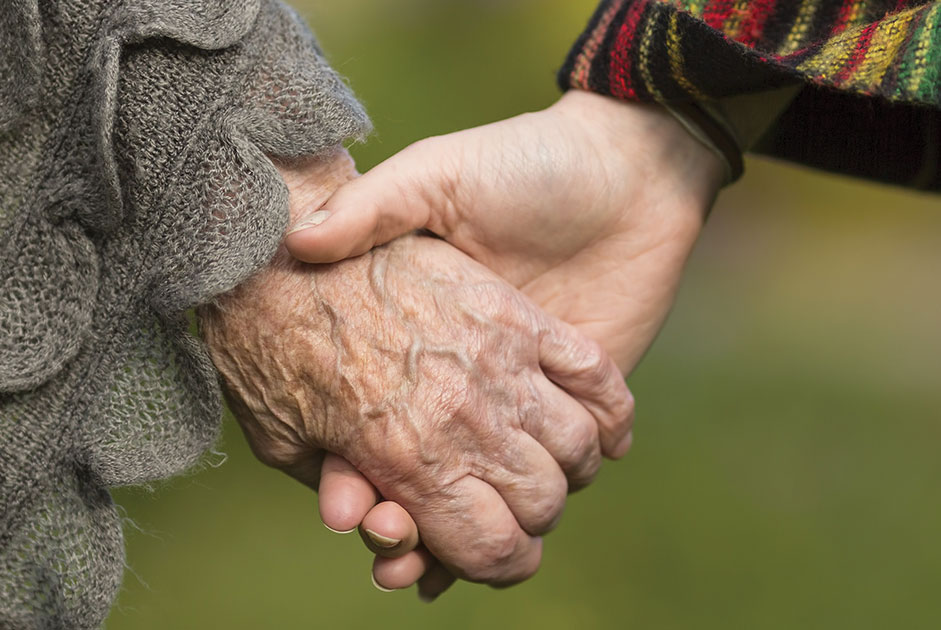“I’ve long since retired, my son’s moved away
I called him up just the other day
I said, “I’d like to see you if you don’t mind”
He said, “I’d love to, Dad, if I can find the time
You see my new job’s a hassle and the kid’s got the flu
But it’s sure nice talking to you, Dad
It’s been sure nice talking to you”
If you’re thinking “I’ve heard that before,” pat yourself on the back for remembering because it’s a stanza from Harry Chapin’s 1974 folk rock hit “Cat’s in the Cradle.” The popular lyrics continue to strike a chord. On the one hand, they capture a little boy’s desire to “grow up just like you, Dad.” And on the other, it is a lamentation because, you guessed it, that is exactly what happens. One day the little boy is pining for his busy dad’s attention, and then, in a flash, it is the dad who is pining for time with his now grown son.
Healthy Roles and Goals
The song’s title, “The Cat’s in the Cradle” has come to refer to the experience of someone who doesn’t take enough time for the other in a relationship, or who is constantly cancelling plans.
It’s a familiar phenomenon for many of us. And, it is just one way that parents and their grown children seem to reverse roles. But we need to be careful here because mental health and aging professionals encourage us not to think in terms of “reversal,” as if it were an absolute. Instead, it’s helpful to take a step back to:
- Be mindful that as with all close relationships, how the adult child and their aging parent relate and provide one another with support over time will evolve
- Adult children are most helpful when they focus on helping their aging parent deal with the many changes that accompany aging
- The aging parent can support this goal by retaining responsibility for herself while acknowledging and asking for help when needed
Set the Relationship Up for Success
SageMinder, which provides services for seniors, recommends a proactive approach to preparing for shifting roles. Consider these six actions:
- Have honest and respectful conversations with one another. It can be helpful to sit down to “assess the situation” together, before a crisis happens or a big decision needs to be made.
- Meet your own needs and say “no” in order to protect priorities you each have. Remember that each person’s individual needs, apart from the parent/child relationship, matter and should be respected.
- Cultivate a deep respect and realistic trust in one another. Build on the bond you already have and remember that by working together you will both feel respected.
- Ask for help from each other and from others. No one goes it alone. Lean on one another and by all means, reach out to friends, neighbors, and services that can provide both emotional and practical support.
- Take good care of yourselves. While “good care” varies from person to person, it is important to attend to your mental, emotional and physical health.
- Avoid secrets and guilt trips. Candor tempered with compassion can help you work together to find new solutions to emerging challenges. And that goes for both the adult child as well as the aging parent.






















